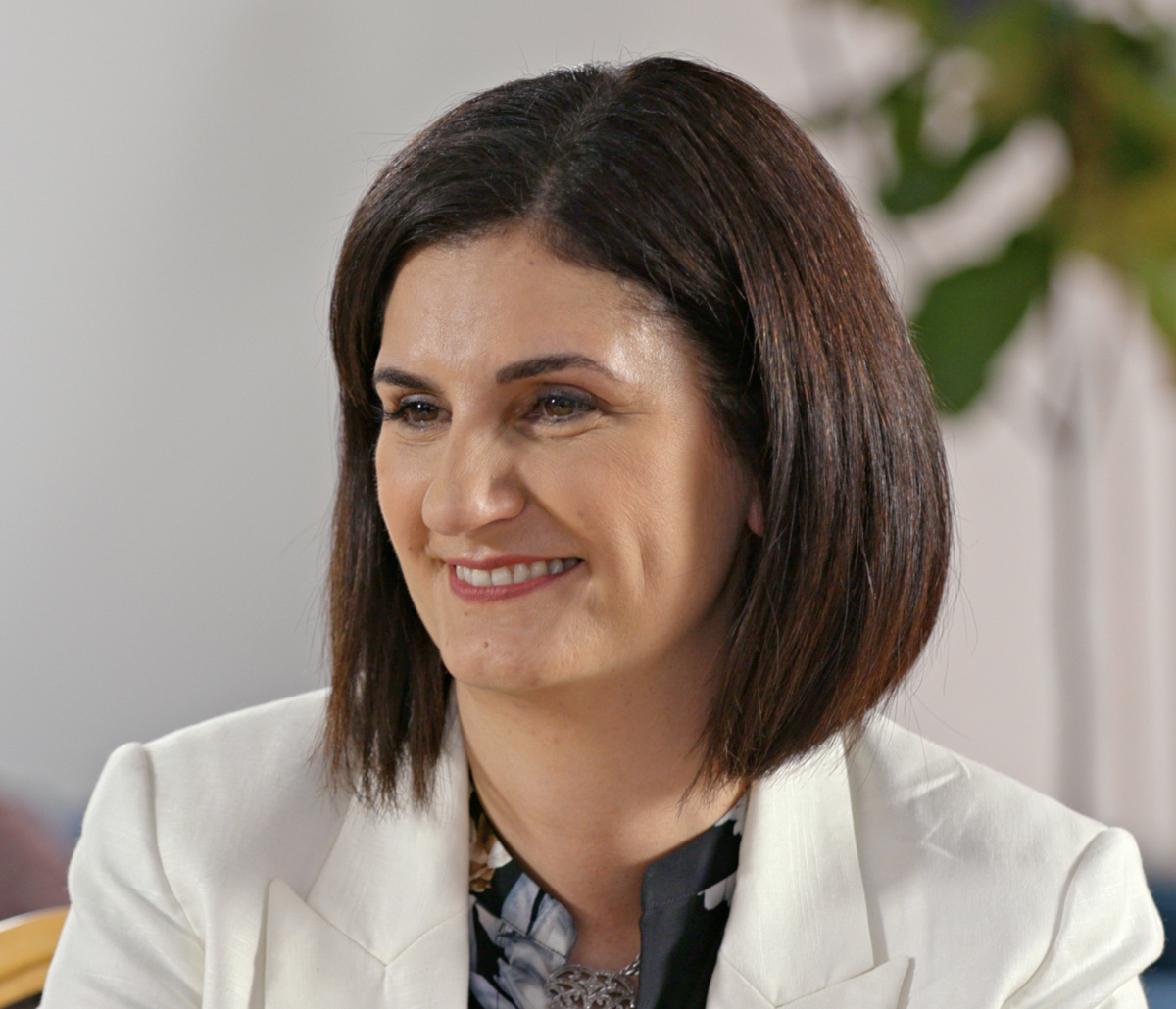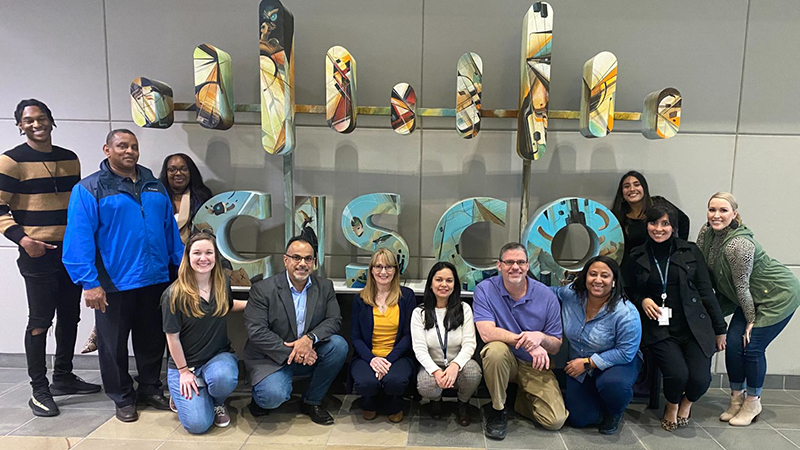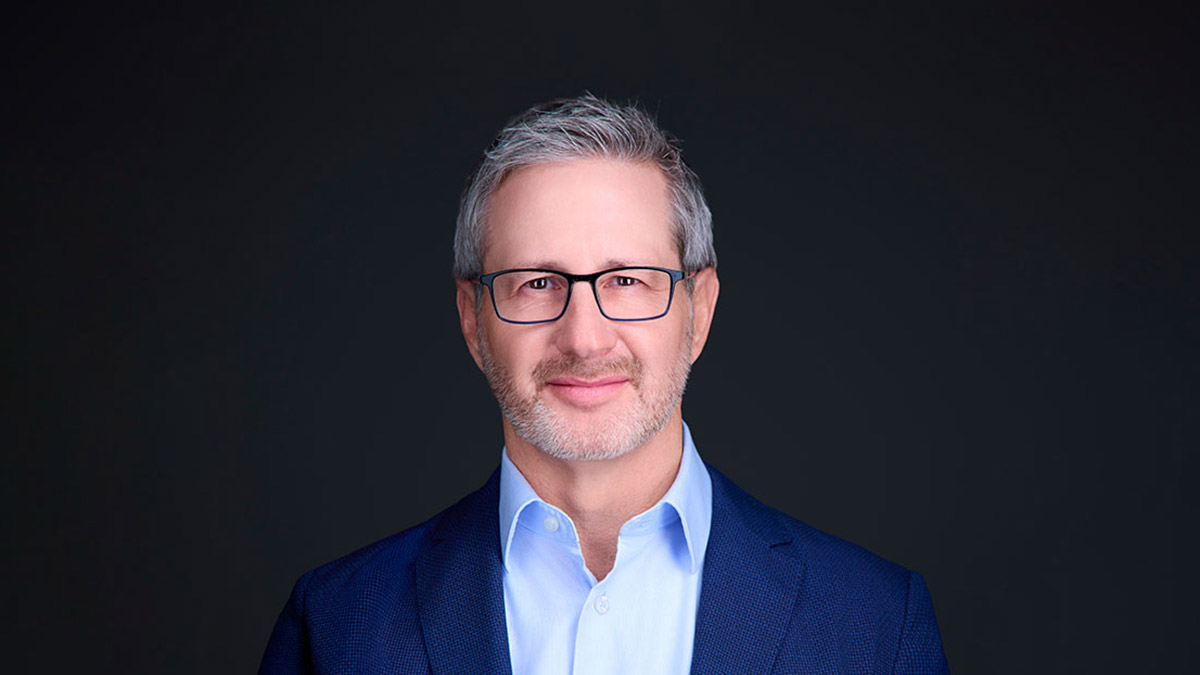Taking care of your people is one of the most selfish things a company can do.
In the human resources world, it’s not uncommon to hear leaders talk about how a company’s people are their greatest asset. And that’s true. But an employee-centric culture is transformative when it is understood as a business imperative. Employees are more creative and productive when they feel heard, supported, and able to play to their strengths. And when employees succeed, the business succeeds.
The challenges of the past year resulted in people looking for support more than ever, which led them to an unlikely source of guidance: their company. In learnings from 2020, global industry analyst Josh Bersin noted that “communication, listening, providing authentic feedback, and taking action on employee issues are perhaps the most important leadership and HR practices of all.”
We believe this. And act on it.

In the past year, we communicated more often with employees – most notably in weekly company check-in meetings – and expanded resources to support them. We continued to listen to our employees, understand how they were feeling, and respond with actions to help.
Listening also helped guide our response to the racial unrest of the past year. Last January our CEO, Chuck Robbins, invited a small group of Black employees and the executive leadership team into his home for an honest conversation about race. Our employees talked, and we listened. And we learned. We gave ourselves 100 days to turn what we heard into action, including a worldwide, virtual talent expo for our Black employees. And when George Floyd was killed and a newfound reckoning on racial injustice emerged, we knew we had to take a stand. Out of this work and continued listening our Social Justice Beliefs and Actions were born – public, measurable goals to hold us accountable to our social justice commitments.
While the events of 2020 may have amplified the need for this type of leadership, the expectation of it is here to stay. Employees and customers have a choice about where they work and who they buy from, and there is an increasing demand that organizations have a mission and purpose that contributes to the greater good.
At Cisco, our purpose is to power an inclusive future for all. We are embedding this mission in all that we do, from our innovative products to our corporate social responsibility programs. We know this helps our people feel more connected to their work. And when we put our people, technology, and resources to work in service of this inclusive future, we can help build a world where all communities can recover and thrive.
So how do you approach all this at a global company with over 70,000 employees across almost 100 countries? It starts with cultivating leaders and teams who can work at the intersection of performance, empathy, and service to others. In People & Communities – that's what we call HR at Cisco – we've laid out five beliefs to guide our work. These aren’t initiatives themselves, but the backdrop upon which we’ll approach our people strategy and priorities.
Our first job is to illuminate work - We talk a lot about the organization in traditional terms – roles, titles, headcount. But we don't talk or think enough about the work itself – who's doing it, how it’s getting done, where it’s getting done. If we really investigate how our people spend their time every day, it will allow us to think about work differently, build the right skills, and create fulfilling careers. We can break out of the traditional static teams and build dynamic, strengths-based teams to more effectively innovate and solve problems.
Digital must humanize the enterprise - Many people don’t believe “digital” and “humanize” belong in the same sentence, but they can. When we leverage digital correctly, we can create a more human experience where we see our people better, understand gaps, inequities, and needs, and drive fresh insights. From sentiment analysis on company-wide calls to robust data on the characteristics of successful teams, a data-driven approach to our people solutions will accelerate our ability to scale and drive tangible business value while supporting our people.
Our technology is also creating a more personal, connected experience for the hybrid workforce of the future. Our newly integrated Webex platform was designed with inclusion in mind, with features focused on a virtual collaboration experience that makes all participants feel like their voice is heard and valued. Gesture recognition, language translation, participant engagement – these are just a few of the capabilities helping to seamlessly blend remote work with in-person interactions.
If we get teams right, we win - When we foster dynamic, successful teams that collaborate and perform, our business, people, and communities all benefit. The importance of having teams that bond us to one another and push our work forward will be even more critical in the hybrid model of work ahead. But to do this right, we have to have the right leaders who can engender a culture of transparency, are comfortable with risk, and can build trust in the face of uncertainty.
Our belief in the power of teams is so strong that we’re carving out a full week of intentional time for all our teams – every single employee around the world – to hear from role models, practice and develop new skills, and understand the leadership values we’re striving for.
We care for our people, even on the weekend - We know there's not a delineation between work and life. “Balance” went away years ago. When our people start their first meeting of the day, they bring their concerns about loved ones, health, finances, society, and more with them. It's our role to see our people, their struggles and challenges, and to be there for them not just when they're working, but in all aspects of their life.
When we started our conversation with employees around mental health a few years ago, we hoped it would contribute to breaking down the associated stigma. In return, our employees started telling us about their families and their own struggles. This set the groundwork for us to expand these offerings during the pandemic, giving our people the support they need. This focus on the whole person is something that is now a core belief, and we’ll continue to care for our employees in all aspects of their lives.
Empathy is a superpower - Lastly, we know that progress happens when we see the world through others' eyes. Proximity is a way of being. When we get proximate to someone else’s experience, especially those different than our own, we grow, develop new perspectives, and engage more effectively with others. In our work, then, we need to navigate how to listen, not tell; how to make space for things we may not agree with; and how to expand the space we make for our people. Empathy will change the way in which we engage with each other.
Today, trust in leadership is table stakes, and building this culture of trust has to start at the top. At this moment, CEOs and CHROs have the incredible opportunity to institutionalize inclusive leadership, marked by empathetic teams and leaders, and align to a broader societal purpose to compete for and retain top talent. Doing so is good for your employees, good for your company, and ultimately, good for the world.
###
We welcome the re-use, republication, and distribution of "The Network" content. Please credit us with the following information: Used with the permission of http://thenetwork.cisco.com/.




